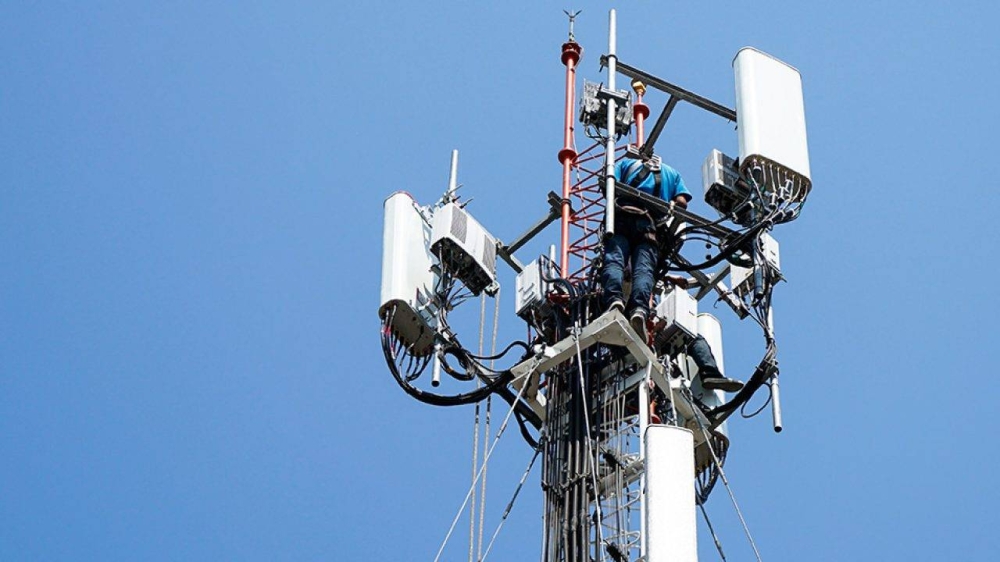GCC telecom operators are actively looking for and investing in telecommunications enterprises within Europe and potentially in Africa and Asia, Moody’s Investor Service said in a report.
This increased market activity, which is evident since 2022, follows several quiet years, Moody’s said in a report.
Thanks to the buoyant macroeconomic environment in their domestic markets, the companies demonstrate solid financial performance and benefit from robust balance sheets.
Now, they are eager to deploy their significant resources, diversify from oil-dependent or emerging market economies, increase their buyer power over vendors and preserve growth in consolidated revenue and earnings.
“These investments could be credit supportive in the long term,” Moody’s noted.
But the acquisition benefits will depend on the balance between the maturity and growth potential of new geographies. Previous investments in African and Asian enterprises have so far demonstrated mixed results because of currency and macroeconomic volatility and the sometimes unpredictable legal and regulatory environment in some regions.
Therefore, the GCC operators are currently trying to strike a balance between more stable operating environments and some potential for growth in telecommunications markets.
According to Moody’s, Europe is likely to be the primary region for expansion. It complements the GCC companies' existing footprint and provides for diversification into more developed jurisdictions. The recently announced deals confirm this direction.
However, European governments will be cautious in approving acquisitions of strategic telecom assets by foreign investors. This makes the acquisition of sizeable minority shareholdings a potentially attractive option.
The report noted GCC operators are investing in digital consumer services and tech enterprise solutions in parallel with their expansion into new markets.
These are complementary to their core connectivity offering and leverage the existing customer base while diversifying from their traditional telecom businesses.
Moody’s expects the GCC telecoms operators' annual revenue to increase by 3% on average in 2023-24.
The GCC telecoms operators are catching up with the global trend of tower infrastructure divestment, it said. In theory, this should bring operational benefits and help unlock the monetary value of the assets while reducing operating expenses and capital spending.
Higher valuation multiples for tower infrastructure than for telecoms operators create a financial arbitrage opportunity.
Although tower valuation multiples may compress now because of higher interest rates, limiting potential upside for sellers, they will remain far above those of telecoms operators.
Therefore sales of tower infrastructure have the potential to help the companies unlock monetary value and provide cash for deleveraging or capital spending, maximising shareholder value and improving return on capital employed.
Moody’s noted tower sales will also help the GCC telecoms operators optimise operating costs and capital spending thanks to sharing of the infrastructure.
In addition, as the GCC operators progress with their 5G rollout, collocation arrangements should be strongly beneficial because of the high density of towers on the surface required for this technology.
However, depending on tower lease arrangements, currently increased inflation may temporarily curtail the expected benefits because of higher indexation of lease costs, Moody’s said.


